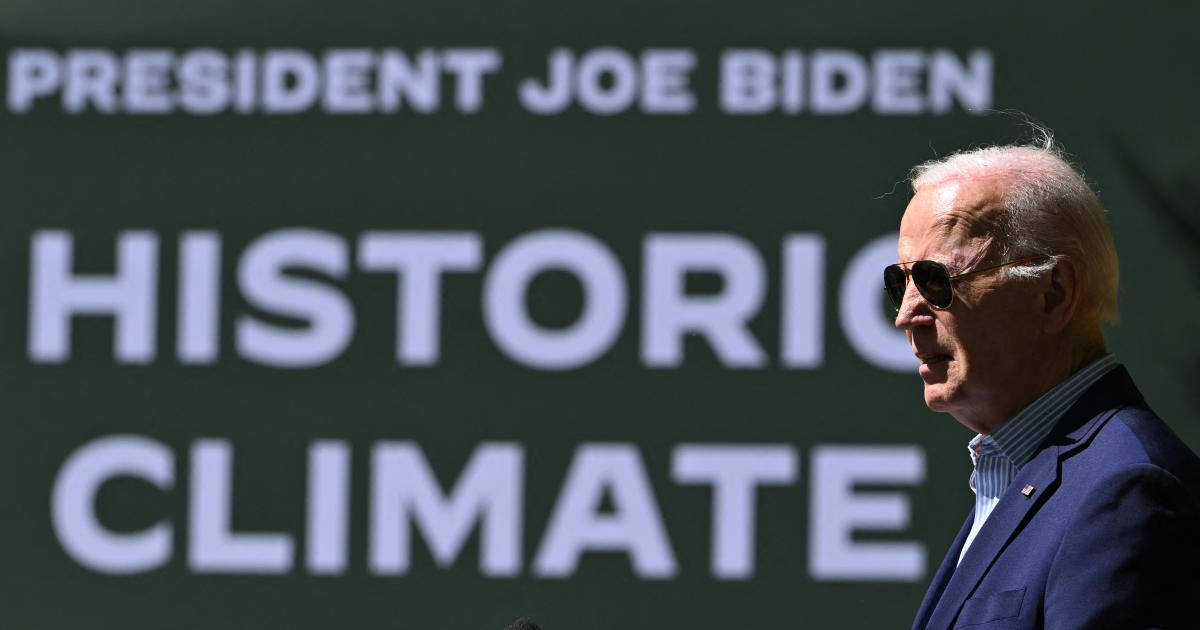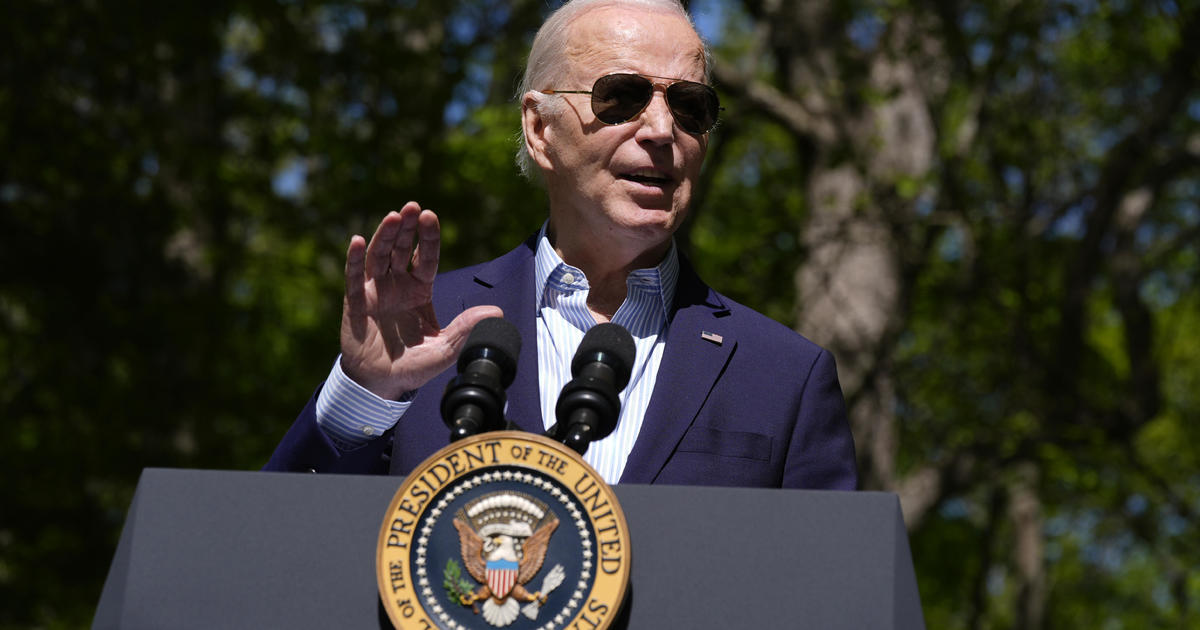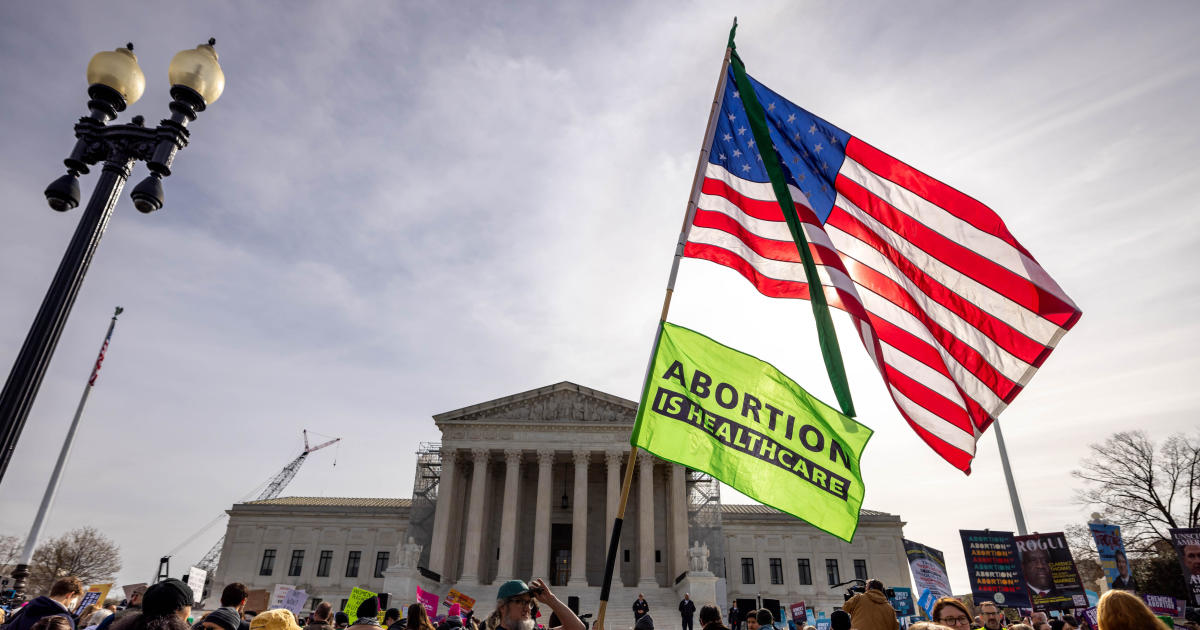Midwest Dems urge party to focus on infrequent Black voters rather than White voters who backed Trump
This is the latest installment of CBSN's America's Right to Vote series, which examines voting rights and access through the 2020 campaign.
Michigan. Wisconsin. Pennsylvania.
These three states won the presidential race in 2016 for Donald Trump. And Democrats have been on a mission to win them back, but there's some disagreement about the best way to do that.
Some local leaders contend the party is approaching these Midwestern and Rust Belt states the wrong way, focusing too much on the White working class voters who backed Mr. Trump and not enough on voters who didn't turn out at all.
"Part of the Achilles heel of the Democratic campaign strategy in the Midwest, and my opinion, has been the over emphasis on independents," says Reverend Charles Williams, pastor of King Solomon Baptist Church in Detroit and president of the Michigan Chapter of National Action Network. "At some point, you have to say the folks who you want to come out for you that came out in 2008 and 2012, from Barack Obama, overwhelmingly, you have to talk to them."
President Trump won Michigan by fewer than 11,000 voters in 2016. Turnout among African American voters in Wayne County, which include Detroit, decreased by over 35,000 voters. Mr. Trump won Wisconsin by about 23,000 votes, and turnout among Black voters in Milwaukee County was down by about 52,000 votes.
But trying to reach the turnout levels of 2008 and 2012 in places like Wayne County could be unrealistic. Yes, Hillary Clinton's rate of support from the predominantly Black county lagged Barack Obama's by 6 points in 2012 and 7 points in 2008. But previous elections suggest that those voters were not so much Democratic voters as they were Obama voters turning out for a once-in-a-generation candidate. While Clinton received just shy of 67% of the vote in Wayne County, compared to Mr. Obama's 73% in 2012 and 74% in 2008, John Kerry and Al Gore each won 69% of the vote — more than Clinton, but not by much.
There were many contributing factors to Clinton's shortfall in 2016, and it is inaccurate to attribute the results of the election to a single group. But characterizations of the Midwest often leave out critical constituencies. It's a sentiment Senator Kamala Harris mentioned while competing for the Democratic primary in 2019: "They usually put the Midwest in a simplistic box and narrow narrative. And too often, their definition of the Midwest leaves people out," she told the Detroit NAACP then.
"Detroit, Milwaukee, Philadelphia, three major cities where African Americans are, they're going to need a very serious sense of intentionality from the campaign," says Williams. "We're going to need something not just to vote against, we're gonna have to make sure that we're clear about what we're voting for."
A CBS News/BET poll out this week finds Black voters are engaged in this election, but they are concerned that their vote won't be counted properly, and a majority worry about intimidation at the polls.
While millions are able to avoid going to the polls because of expanded absentee voting, there are reasons this may not be effective in Williams' community.
"These absentee ballots will not necessarily guarantee that everybody will get the opportunity to vote. If you live in an urban community like Detroit, and you've moved from house to house, or you've moved in the last few months, there's no guarantee that that application will end up in on your kitchen table. And quite frankly, if all you get in your mailbox is bills, it's less likely that are you even go really want to pick up what's in the mailbox," he said.
The CBS News/BET poll found that younger Black voters are more concerned than other age groups about the process of voting, whether they can be confident their votes will count and voter intimidation.
"It used to be that we could depend on the United States Department of Justice, to protect our polling sites, our clerk's offices, from this type of intimidation. This time, we're not so sure if the intimidation will actually be coming from the United States Department of Justice," Williams said, calling the president's rhetoric around poll watching "a real threat."
Nonetheless, 60% of Black voters who plan to cast a ballot in person say they won't be deterred.
"It's important to me," said Milwaukee resident Andrea Neal while standing in line to vote early. "With everything that's going on with the mail — so, I just wanted to make sure that I had it physically in my hand and placed it in the machine."
Robert Lewis, a retiree in Milwaukee said he was voting in person early because "I hope my one little vote might make that change."
Adam Brewster and Kabir Khanna contributed to this report.




